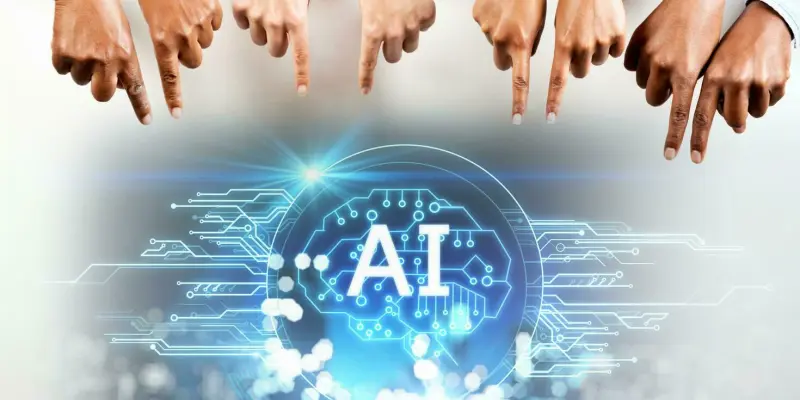In today’s rapidly evolving technological landscape, organizations are increasingly adopting Generative AI (GenAI) to stay competitive and manage business risks. However, there is a growing concern that while companies are heavily investing in GenAI technology itself, they are not making sufficient efforts to train their employees adequately to utilize this advanced technology. This disparity between the adoption of GenAI and the preparedness of the workforce to leverage it effectively creates significant challenges and leaves many untapped opportunities for businesses.
Globally, a stark contrast exists between the perception of readiness among employees and C-suite leaders. In the APAC region, for instance, 91% of C-suite leaders believe their workforce is adequately trained for GenAI, while only 70% of employees feel the same. This discrepancy is even more pronounced on a global scale, where 92% of leaders express confidence in employee preparedness, compared to just 72% of employees. Such a gap indicates a pressing need for more comprehensive training programs that ensure all employees are equally prepared to work with GenAI tools.
Furthermore, only 30% of employees worldwide understand the potential value that GenAI technologies bring to their organizations. A significant portion of the workforce remains hesitant to adopt these tools due to concerns over the accuracy of outputs (27%), insufficient resources (26%), and difficulties with integration into existing systems (22%). These barriers highlight the necessity for companies to not only provide the tools but also offer substantial support in terms of resources and integration strategies, fostering a more conducive environment for GenAI adoption.
Additionally, insights from industry experts like Matt Coates from Accenture reveal that many organizations perceive GenAI merely as a technological innovation rather than a catalyst for rethinking talent strategies. With only a third of executives having a clear vision of how GenAI will transform their workforce, it is evident that a strategic approach that aligns technological advancements with human talent development is essential. Companies need to recognize the importance of a balanced strategy that emphasizes both technological implementation and substantial employee training and development.
In summary, while investment in GenAI technology is robust, the lag in corresponding employee training means that organizations are not fully capitalizing on its potential. The path forward requires businesses to bridge this gap—ensuring that workforce readiness matches technological advancements. This balanced approach will help organizations unlock the full benefits of GenAI, driving both innovation and operational efficiency.

